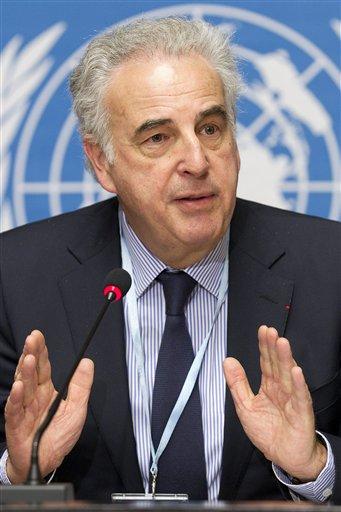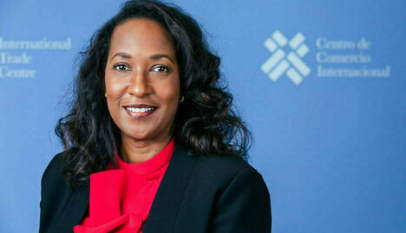INTERVIEW: “There’s need for more domestic funding to fight HIV/AIDS in Africa” – Kazatchkine
Professor Michel Kazatchkine, who was at the South Africa Science Forum 2018 in Pretoria, is a former executive director of the Global Fund to fight AIDS, Tuberculosis, and Malaria; a partnership between governments, civil society, private sector, and people affected by the diseases aimed at accelerating the global fight against the three most deadly human diseases the world has ever known.

AN: What is your assessment of the efforts to fight HIV/AIDS in Africa and the current state of the scourge on the continent?
The situation has changed drastically in the last 15 years. Although Sub Saharan Africa remains the hardest hit part of the world, with South Africa alone having 20% of the overall burden of Human Immunodeficency Virus (HIV); at the same time, one should also look at what has been happening for the past 15 years. So far, the number of new infections has decreased significantly by 40%, deaths from Acquired Immunodeficiency Syndrome (AIDS) related conditions have also decreased basically by 40%.
More so, 60% of the people who live with HIV are now accessing treatment – and if you are on treatment you will live a healthy life. In fact, your life expectancy is similar to that of a HIV negative person. So, to me, I think we have made a huge progress! We have shown what we can achieve, but we are not yet there and much more efforts should be made.
We must look at the 40% of people who do not have access to treatment, including the 30% of people who do not know that they are HIV positive. These are often people who are part of marginalized populations – people who are not informed, young girls, drug users, and homosexuals. They have being tabooed in the society, discriminated against, and do not have the right to access to information and healthcare services. So, the progress we have made shows what can be achieved but as we move forward, it will become more and more difficult to get people to access care. So, the efforts should actually be accelerated rather than just continued.
AN: Southern African countries such as Lesotho, Botswana, and South Africa seem to have a higher prevalence of AIDS in the Sub Saharan African region; why is this so?
This is sort of a mystery. From the earlier years of AIDS like 30 years ago, I remember there were studies comparing cities in Southern Africa, West Africa, and the Western world with pre-conceived ideas about people’s sexual behavior but there’s no evidence; no data to show that people behaved differently in different settings. So, there’s a conjunction of factors. For example, in South Africa the denial that has presided over the first years of AIDS has prevented a lot of the interventions against the disease – prevention and treatment – to be put in place that could have helped decrease the rate at which the epidemic was growing. However, there`s no fundamental differences in the sexual behavior of people as a determining factor.
AN: The target of Goal 3 of the 17 Sustainable Development Goals (SDGs), amongst others, is reducing the burden of HIV/AIDS in Africa. If Africa must achieve this target by 2030, what strategies do you think must be put in place?
Firstly, Africa must ensure the sustainability of everything that has been put in place; these include sustainability of prevention, and access to treatment. However, it is important to note that a lot of efforts toward combating AIDS in Africa have been depending on international donors. So, we need more and more domestic resources coming in to fight the disease, we need social services and health insurance for people so that the whole efforts can become sustainable.
In addition, we need to reach out more to those vulnerable, fragile, and underserved populations and we need to do a lot more research on how best to reach them in the African context. So, that those who are yet to have access to care; can be placed on treatment.
AN: There`s a decline of funding from foreign donor agencies into African countries; how is this likely to affect the campaign against AIDS?
This is not specific to African countries because of the difficulties that the Western countries are also facing including the migration crises. And I don’t think the funding for AIDS has declined yet, but we have to fight for sustainability, and one of the factors that can have a negative impact is complacency – like saying that we now have medicines and we have broad access to drugs. No, we are not okay! If we do not accelerate the efforts now, the epidemic will go faster than our efforts. If we accelerate our efforts now, one day I believe we can see the end of AIDS.














